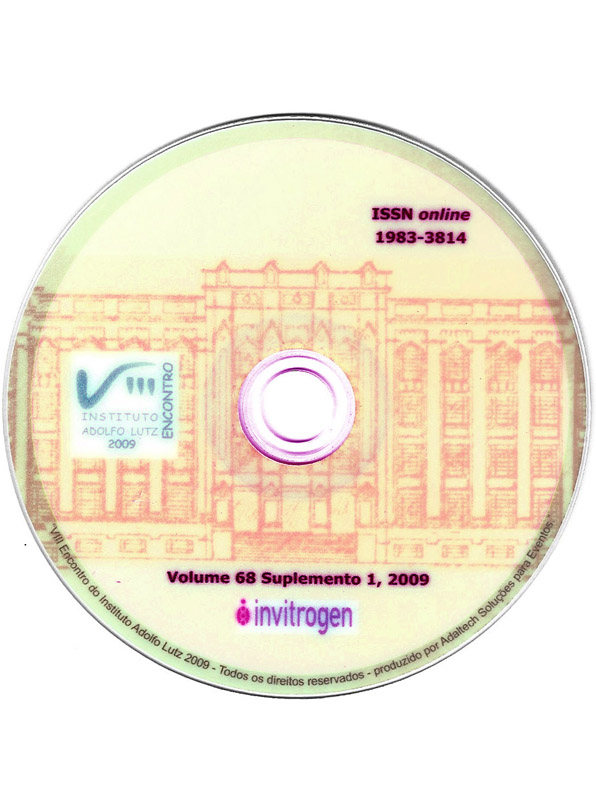Resumen
Rubella virus (RV) has been isolated from the peripheral blood mononuclear cells (PBMC) for up to 1 month postinfection, and from throat swab and nasopharingeal secretion up to two weeks after appearance of the rash. In addition, RV persists for many months in the PBMC of infants with congenital rubella syndrome, a delayed onset manifestation of congenital rubella and adults with arthritis associated with vaccine or after natural infection. We report a patient with chronic myelomonocytic leukemia and persistent rubella infection. A 50-year-old woman in treatment for chronic myelomonocytic leukemia since 2006 was referred for evaluation for allergenic bone marrow transplantation in 2008. During hospitalization she developed fever, rash and lymphadenopathy. Serological tests (IgM) for toxoplasmosis, hepatitis B and C, Epstein-Barr virus, parvovirus B19, HIV, cytomegalovirus HTLVI and II were negative. Antibodies (IgM and IgG) against RV were detected. Since after five months high levels of IgM/IgG were still present,
PBMC and urine were collected at 5, 6, 7 and 8 months to search for RV through PCR and virus isolation. The samples were inoculated into SIRC cell line maintained with Dulbecco´s Modified Eagle’s Minimum Essential Medium and after 7 days cells were harvested. PBMC and inoculated cell-culture were homogenized in guanidinium acid-phenol for RNA extraction. Total RNA was used for cDNA synthesis and amplification with oligonucleotides specific for RV. PCR detected RV genome in all samples. Sequence data were analyzed and compared with other strains of RV from the GenBank that represented both genotypes 1 and 2. The isolated strain was named as RVi/SãoPaulo01.BRA/08 and was classified as genotype 2B. These findings suggest that in immunocompromised patients the RV can persist for months.

Esta obra está bajo una licencia internacional Creative Commons Atribución 4.0.
Derechos de autor 2009 CA Figueiredo, SP Curti, GB Klautau, RR Chiattone, NS Castro, AMS Afonso, M Theobaldo, MI Oliveira, SB Castrignano
